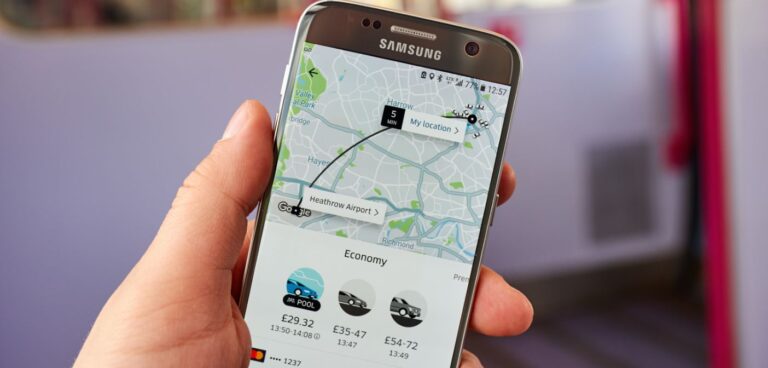Market research firm Juniper Research has released a study that suggests MaaS (Mobility-as-a-Service) will generate fuel cost savings of US$10.8bn (£9.4bn) by 2027 globally, an increase from US$2.8bn (£2.4bn) in 2022, marking a 282% growth.
The new study suggests that reduced congestion as a result of MaaS will lead to the savings, as a result of fewer private vehicles on the road.
MaaS platforms are designed to make urban transport solutions, such as ride hailing, bus and metro more accessible by integrating them into a single platform.
The research suggests that rising fuel prices across the globe will lead to an increased uptake in MaaS, with the firm’s Urban Mobility Survey revealing that 41% of respondents ranked cost as the main factor for consideration for consumers’ transport choices.
The appeal of MaaS can therefore come from its affordability and the convenience it offers by joining planning, purchasing and ticketing for journeys into a single app. The research also suggests environmental factors, namely reduced CO2 emissions, are responsible for its growing popularity.
Research author Cara Malone said: “MaaS has the ability to improve corporate social responsibility, as a result, MaaS vendors must appeal to companies by demonstrating how MaaS can significantly reduce their carbon emissions from travel.”
The research predicts that the distance travelled via micromobility, which involves use of lightweight vehicles such as bikes and scooters, is set to increase 780% globally between 2022 and 2027. The estimated growth will be driven by the expansion of infrastructure supporting micromobility, according to Juniper Research.





